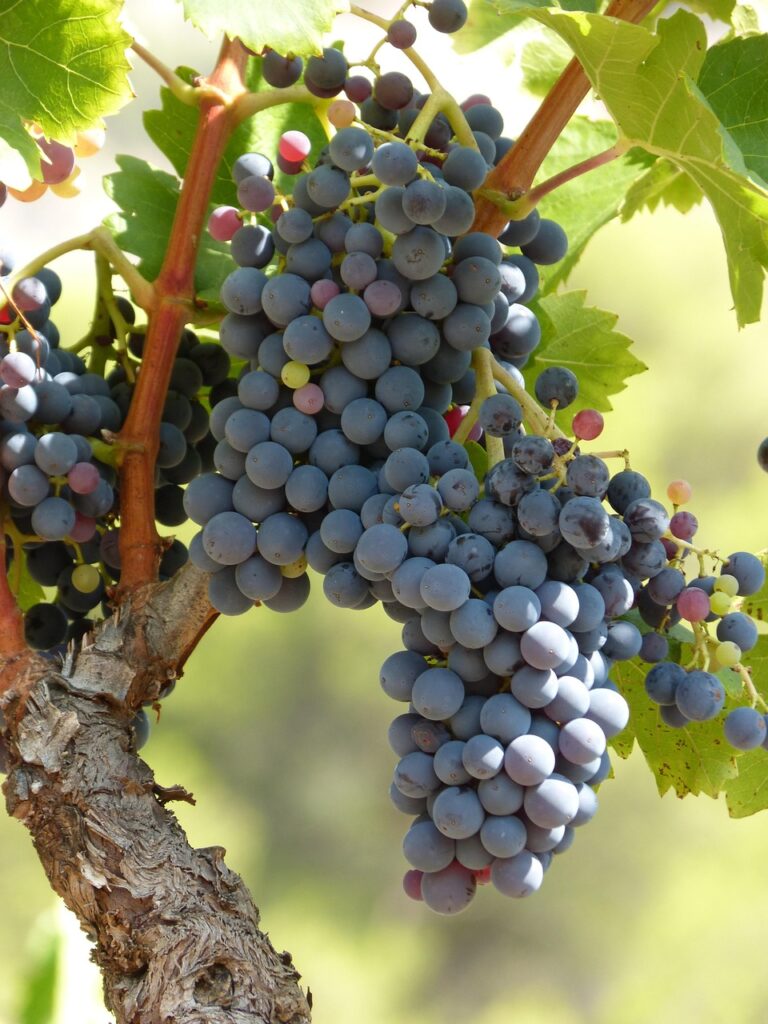The vine is a crop of great economic importance in Portugal, particularly in the Douro Demarcated Region. The vine is affected by various diseases such as powdery mildew and downy mildew, as well as pests such as grape moth and leafhoppers that require the application of fungicides and insecticides with ecotoxic active substances that can destroy auxiliary fauna.
To promote greater sustainability, European and national policies have led to a reduction in the number of active substances available in the market. Studies suggest that the use of UV light could be an alternative solution to chemical control of diseases and pests, stimulating the plant's natural defences and suppressing pathogens.
The aim of this project is to respond to this challenge and study the physiological and biochemical mechanisms underlying the induction of resistance in vines when subjected to UV-B and/or UV-C light.

Main objectives/Activities
Construction of a prototype, based on optimised radiation conditions, that can be used in commercial vineyards
Finding the best radiation to reduce the incidence of pests and diseases without damaging the auxiliary microorganisms
Controlling Vitis vinifera pests and diseases exposed to UV-B and/or UV-C radiation, maintaining the good physiological development of the plant as well as the productivity and quality of the production
